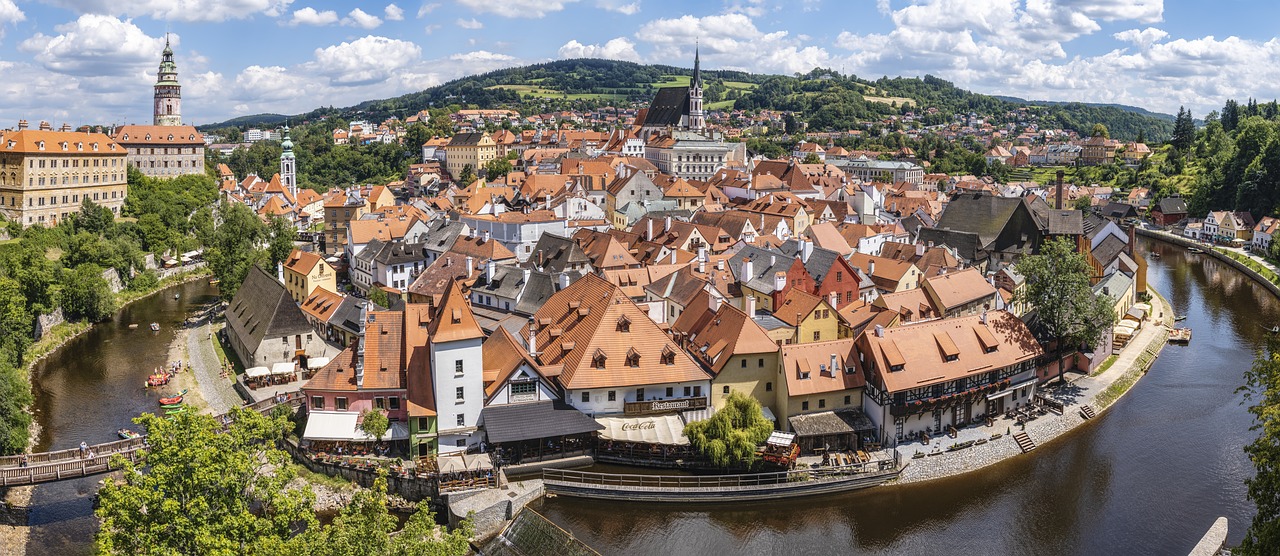The presidential race in Moldova
The battle for the Moldovan presidency is taking place in a context of great tension, with the vote that could decide the country’s European future. Maia Sandu, the outgoing president and supporter of the European Union, is in the lead with 93% of the votes already counted.
Risks for European integration
A possible victory of his rival, Stoianoglo, would jeopardize Chisinau’s path to the EU, reopening the doors to Russian influence. This scenario would be particularly significant after the referendum two weeks ago, where citizens expressed a yes to joining the European Union, albeit by a narrow margin.
“A virulent attack” aimed at “sowing panic and fear”, as Prime Minister Dorin Recean described it, referring to the disinformation operations before the vote.
Injustices and manipulations
During the last weeks, the election campaign has seen an intensification of activities on social media and in the villages. According to the authorities, there has been massive vote-buying, which has tainted the results of the referendum, which ended with 50.46% for the supporters of the EU.
Law enforcement is investigating alleged “organized transportation” from Russia to facilitate the voting of Moldovans living abroad. Sandu called on citizens to unite against “fraudsters,” expressing his confidence in the Moldovan people and their commitment to the country’s progress.
Polarization and future challenges
The political climate in Moldova is extremely polarized. On one side there is the capital and the diaspora, mostly in favor of European integration; on the other the rural areas and regions such as Transnistria and Gagauzia, which look towards Moscow.
Stoianoglo presents himself as “the president of all”, denying ties to the Kremlin while using Russian terms in his speeches. The current situation is played out on the voter turnout of Moldovans abroad, which has now become the deciding factor in this delicate electoral contest.


